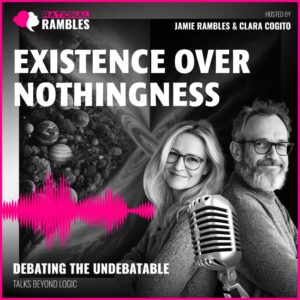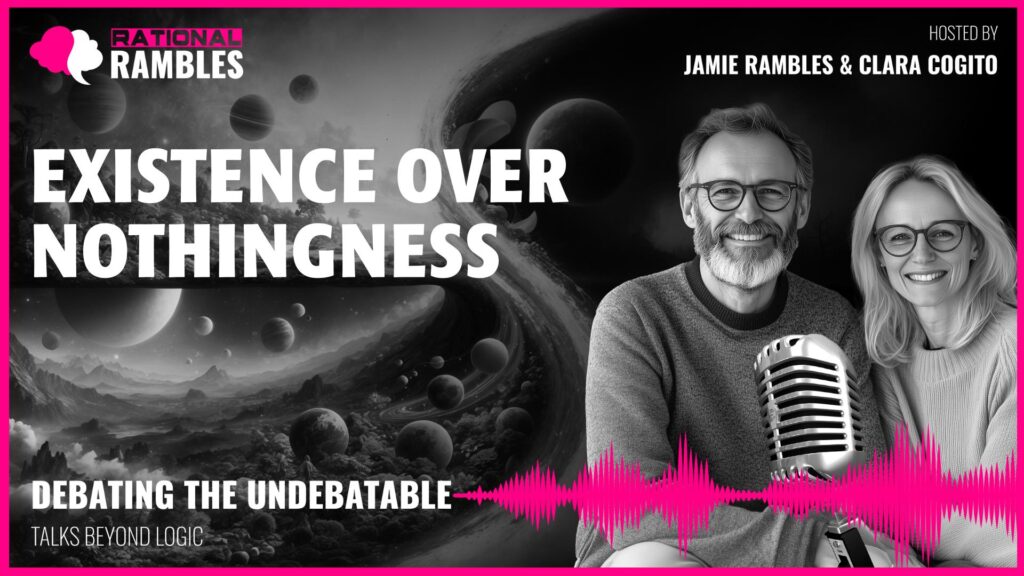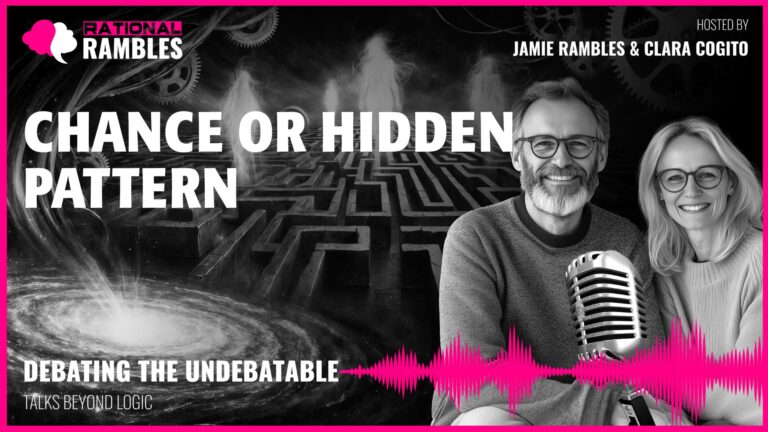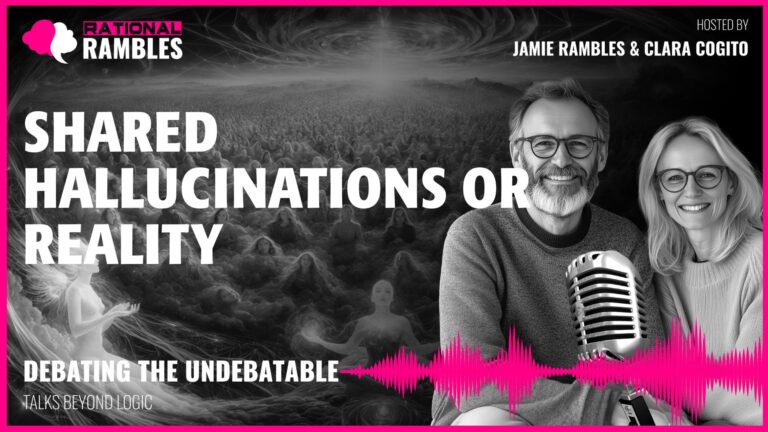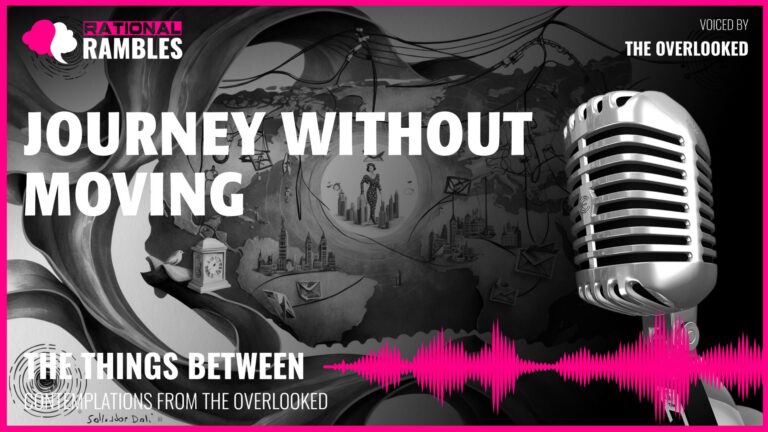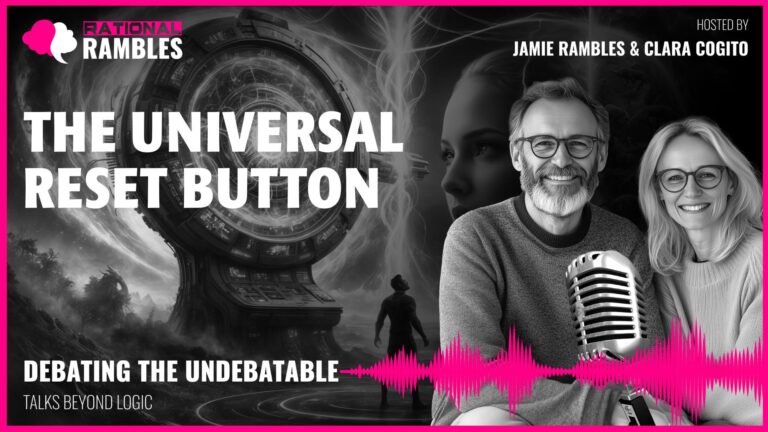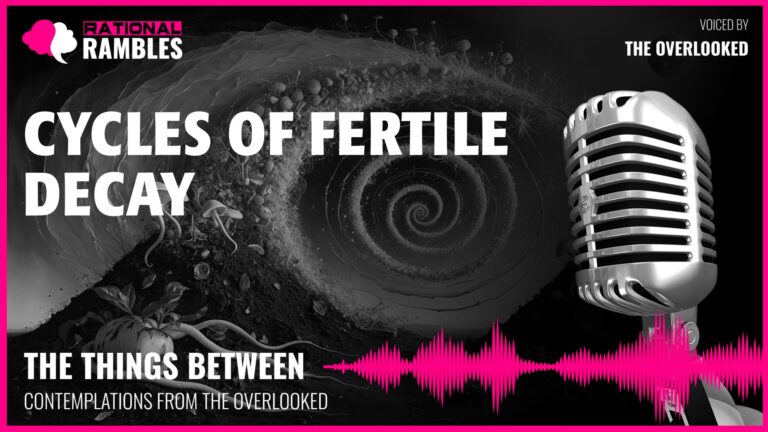Existence Over Nothingness
The inquiry into existence is one of humanity’s most profound pursuits. This timeless question—“Why is there something rather than nothing?”—has haunted philosophers, theologians, and scientists alike throughout the ages. The simplicity of this inquiry belies its complexity, leading us to explore the fundamental nature of reality, the universe, and our place within it. This exploration reveals a vast landscape of thoughts ranging from existential necessity to cosmic randomness, each presenting its own set of perplexities and insights.
The Nature of Nothingness
At the heart of this philosophical dilemma is the concept of nothingness. It seems intuitive to assume that nothingness is simpler; after all, it requires no explanation. However, the more we delve into the nature of nothingness, the more convoluted it appears. The absence of everything, including space, time, and even concepts, becomes an almost unfathomable state. If we try to imagine absolute nothingness, we inevitably find ourselves envisioning an empty void, which is still something—a space that exists within the confines of our imagination.
This paradox raises the question: if true nothingness is inconceivable, how can we consider it a viable alternative to existence? Perhaps the very notion of nothingness serves to illustrate the complexity of existence. The transition from this impossible state of nothing to the rich tapestry of existence we experience invites contemplation. It is as if existence demands justification, requiring us to ask why anything exists at all.
Existence as Necessity
Some philosophers argue that existence is necessary—that it could not be otherwise. This perspective posits that perhaps the question of why there is something rather than nothing is misguided; it assumes that nothingness was a valid possibility that was ultimately rejected. Instead, existence might simply be an inherent state of reality, and nothingness, a mere abstraction. Yet, this claim invites skepticism. What determines this necessity? The assertion of necessary existence often feels circular; we conclude that things exist because they must, because they exist.
Exploring the necessity of existence leads us to consider philosophical figures such as Spinoza, who posited that reality exists by necessity. Yet, this viewpoint might only shift the question further back—why does this necessary existence take the particular form that it does? The inquiry takes us deeper into the mysteries of existence and necessity, posing an intricate web of philosophical questions that require exploration.
The Multiverse and the Nature of Reality
As our philosophical inquiry unfolds, we encounter contemporary ideas such as the multiverse theory. Some physicists suggest that our universe is merely one of countless configurations, each one representing different possibilities of existence. This concept adds another layer to our exploration. If every possible reality exists within a vast multiverse, we are faced with the question of why the multiverse itself exists. The fundamental mystery remains unaddressed, just pushed back to a broader context.
This leads us to consider randomness as a potential explanation for existence. What if existence is a cosmic accident? The notion of random existence is unsettling for many, as it implies a universe devoid of inherent meaning or purpose. However, just because an explanation is emotionally unsettling does not render it invalid. The contemplation of existence as a random event raises profound questions about the nature of reality and the odds against existence itself, suggesting that the very improbability of existence might be extraordinary in its own right.
The Limits of Reasoning and the Nature of Inquiry
As we tread deeper into the waters of existence, we realize the limitations of our reasoning tools. Our methods of logic and causality function within our universe, yet we seek to apply them to the universe itself. This endeavor might be analogous to attempting to step outside of our own shadows. The very frameworks we use to contemplate existence may be insufficient to articulate the essence of existence itself.
Wittgenstein famously remarked that “not how the world is, is the mystical, but that it is.” This highlights the possibility that the very fact of existence transcends our capacity for conceptual grasp. There may be a fundamental mystery that eludes full articulation, yet it is essential to continue asking the questions that arise from it. This recursive inquiry—what it means to exist and to question existence—forms a significant part of the human experience.
The Theological Perspective
Religious perspectives often attempt to answer the question of existence by positing a creator God who intentionally chose existence over nothingness. This theological response provides a sense of purpose and meaning, yet it also raises immediate questions about the existence of God. If God exists necessarily, then we confront the necessity argument that we previously scrutinized.
While religious interpretations offer profound insights for many, they also mirror the philosophical conundrums we face. Engaging with these questions encourages us to contemplate the interplay between existence, necessity, and divine will, while still grappling with the underlying puzzle of why anything exists at all.
The Quantum Perspective
The exploration of existence brings us to the realm of quantum physics, where some theories suggest that absolute nothingness may be impossible. Quantum field theory indicates that even in so-called empty space, fluctuations of energy and virtual particles continually emerge. This observation suggests that existence is not merely a static state but is inherently dynamic and filled with activity. However, this leads us to confront the question of why quantum fields exist in the first place, further complicating our understanding of existence.
As we navigate through various theories and ideas, we arrive at a striking realization: every attempt to address the existence question leads us back to the same profound mystery. The persistence of the question itself—why is there something rather than nothing?—invites us to acknowledge that the answer may not be readily available. Instead, it may highlight the boundaries of our cognitive capabilities, suggesting that some aspects of existence remain beyond our full comprehension.
The Subjective Dimension of Existence
Our exploration of existence becomes even richer when we consider the subjective experience of consciousness. The question of why I exist—why I perceive reality from my unique perspective—deepens the inquiry. This dimension introduces Thomas Nagel’s “view from nowhere” problem: while we strive for an objective understanding of reality, we are forever bound to our subjective viewpoints. This limitation significantly shapes our understanding of existence, as our very ability to question existence presupposes it.
Moreover, the act of contemplating existence itself can lead to significant philosophical insights. Perhaps our attempts to explain existence reflect the limits of our understanding and the inherent complexities of being. The inquiry becomes a dance between acknowledging the profound mystery and recognizing the value of our questions, even if satisfactory answers remain elusive.
The Nature of Mathematical Existence
Our exploration can extend into the realm of mathematics, where the existence of mathematical objects is often considered to be distinct from physical existence. Mathematical Platonism argues that mathematical truths exist independently of the physical world or human cognition. This perspective invites contemplation of whether existence itself has a necessary quality akin to mathematical truths.
Moreover, the connection between mathematics and the physical world is astonishing. The observation that mathematical principles can describe physical phenomena with remarkable precision raises questions about the underlying nature of both realms. Are they intertwined in ways we have yet to understand? If mathematical truths exist, what does that imply about the existence of physical reality?
Convergence of Perspectives and the Ongoing Mystery
As we reflect on the myriad paths we have traversed—scientific, philosophical, mathematical, and theological—we encounter a convergence around the same enigma. The variety of approaches serves to underline a profound mystery that eludes simple explanation. Perhaps this very convergence reveals something fundamental about existence itself: that the persistent questioning of reality is an integral aspect of our experience.
Ultimately, the inquiry into existence invites us to recognize that it might not be a puzzle to solve but a reality to embrace. The very act of questioning existence enriches our understanding of reality and our place within it. It evokes a sense of wonder that transcends mere intellectual exercise, pointing to the profound interconnectedness of existence and our consciousness.
Conclusion: Embracing the Mystery of Existence
In our exploration of the question, “Why is there something rather than nothing?” we have traversed a vast intellectual landscape filled with intricate ideas, philosophical insights, and scientific theories. We may not have arrived at definitive answers, but we have deepened our understanding of the contours of this age-old inquiry. The mystery itself is a testament to the richness of existence and our capacity to question and wonder.
As we conclude this reflection, we might find solace in the beauty of existence. It encompasses not only the reality of our being but also the profound capacity to engage with the question of existence itself. Ultimately, the act of wondering about why we exist transforms existence into a shared journey of exploration, inviting us to celebrate the mystery that remains at the heart of reality.


